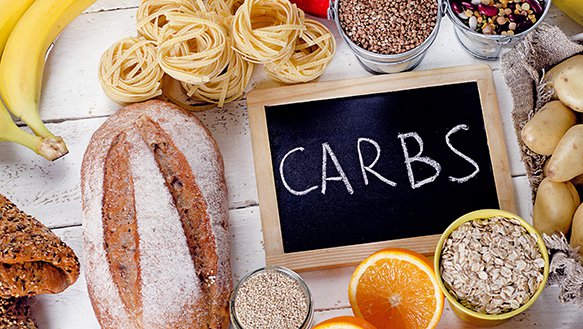Diabetes during the COVID-19 pandemic
If you have type 1 or type 2 diabetes, you should be cautious before the Covid-19 epidemic, because this object can have more severe complications than people without diabetes.
1.Diabetes and coronavirus
Early studies have shown that about 25% of people who come to the hospital with severe COVID-19 have diabetes. People with diabetes are more likely to have serious complications and die from the virus. This is because high blood sugar weakens the immune system and makes it less able to fight off infections.
The risk of severe coronavirus infection is even higher if the person with diabetes has other health problems, like heart or lung disease.
If a person with diabetes has COVID-19, the infection can put the person at higher risk for diabetic complications such as diabetic ketoacidosis. Diabetic ketoacidosis occurs when high levels of ketone acids build up in the blood.
Some people newly infected with coronavirus have a dangerous reaction throughout the body, known as sepsis. To treat sepsis, doctors need to closely manage a person's fluid and electrolyte levels. Because diabetic ketoacidosis causes people to lose electrolytes, leading to sepsis that is more difficult to control.
2.Tips to avoid infection

Rửa tay trước khi kiểm tra đường huyết
The best way to avoid getting sick is to stay at home as much as possible. In the US, people with diabetes have the right to a "reasonable workplace arrangement". That includes the right to work from home or take sick leave when the diabetic needs it. If you have to go out, people with diabetes should stay at least 6 feet away from others and wash their hands often. Every time a person with diabetes returns from the supermarket or another public place, wash their hands with warm water and soap for at least 20 seconds. Wash your hands before a person with diabetes injects their own finger to check blood sugar or inject insulin. To protect people with diabetes, everyone in the house should also wash their hands often, especially before cooking for the family. Do not share any other utensils or personal items. And if anyone in the house is sick, they should stay in their own room, away from the diabetic as much as possible.

các loại carbs tốt cho sức khỏe dành cho bệnh nhân tiểu đường
During the current Covid-19 pandemic, measures like social distancing and staying in place can make it difficult for people with diabetes to buy essentials. Therefore, the sick person needs to stock up on enough necessities for a few weeks, just in case the patient is isolated.
Make sure people with diabetes have:
Enough food, especially healthy carbs like whole wheat crackers, vegetable or noodle soups and apple sauce with natural sweetness. Simple carbs like honey, sugary sodas, fruit juices or hard candies just in case your blood sugar drops. Have your insulin and other medicines ready. Phone number for the doctor with whom the patient regularly sees diabetes or the phone number of the nearest Medical facility When you talk to the doctor, ask:
Frequency how often to check blood sugar and ketone levels How to adjust diabetes medication in case of illness What cold and flu remedies are safe for people with diabetes
3. What to do if you are sick?

Kiểm tra lượng đường trong máu
If the person with diabetes starts to feel sick stay home and check blood sugar more often than usual. COVID-19 can reduce appetite and cause people to eat less, which can affect blood sugar levels. In addition, sick people also need more fluids than usual, so it is important to keep a water bottle close to you and drink often.
Certain over-the-counter medicines can help relieve viral symptoms such as fever or cough that can affect blood sugar levels. High doses of aspirin or ibuprofen can lower blood sugar. Acetaminophen may falsify results on continuous glucose monitors. Many cough and cold medicines are high in sugar, which can raise a person's blood sugar. Before taking these drugs, please consult your doctor or pharmacist before using them.
Call the doctor if the person with diabetes has symptoms of coronavirus such as a dry cough, fever or difficulty breathing. Immediately go to a medical facility if the patient has: Moderate or severe amount of ketones; Have symptoms of diabetic ketoacidosis such as fatigue, muscle weakness, body aches, vomiting or abdominal pain; Severe shortness of breath....
If you have a need for consultation and examination at the Hospitals of the national health system, please book an appointment on the website for service.
Để đặt lịch khám tại viện, Quý khách vui lòng bấm số HOTLINE hoặc đặt lịch trực tiếp TẠI ĐÂY. Tải và đặt lịch khám tự động trên ứng dụng MyVinmec để quản lý, theo dõi lịch và đặt hẹn mọi lúc mọi nơi ngay trên ứng dụng.
XEM THÊM:






